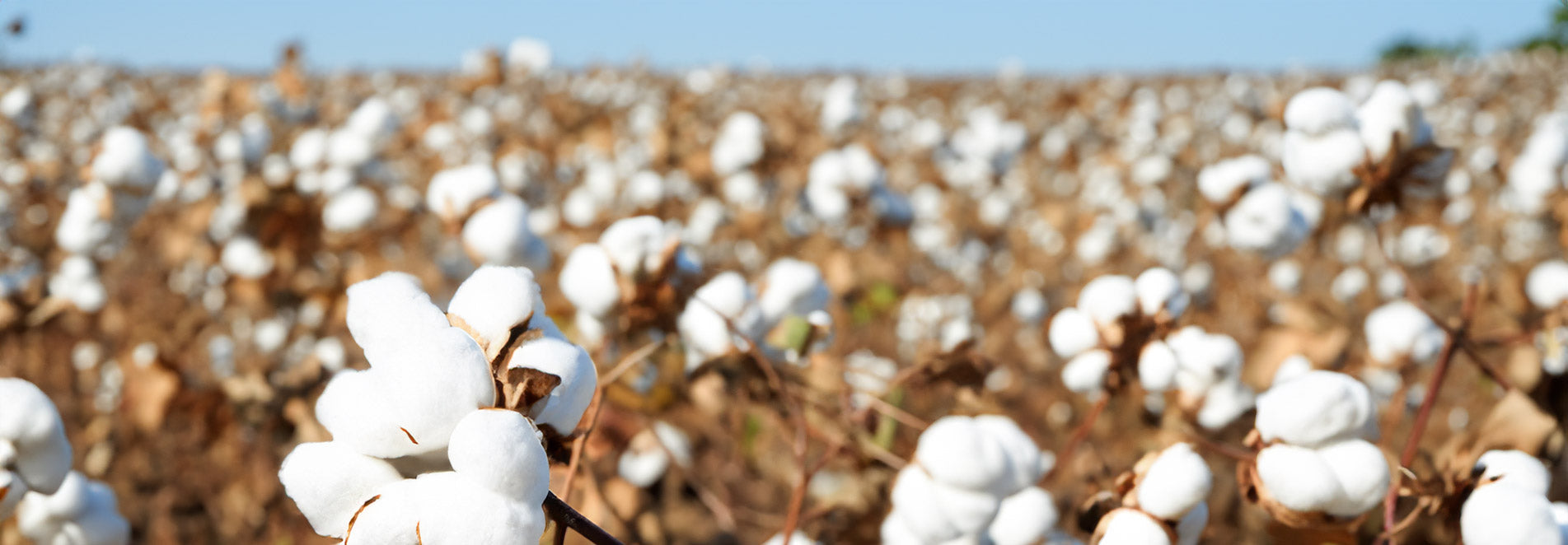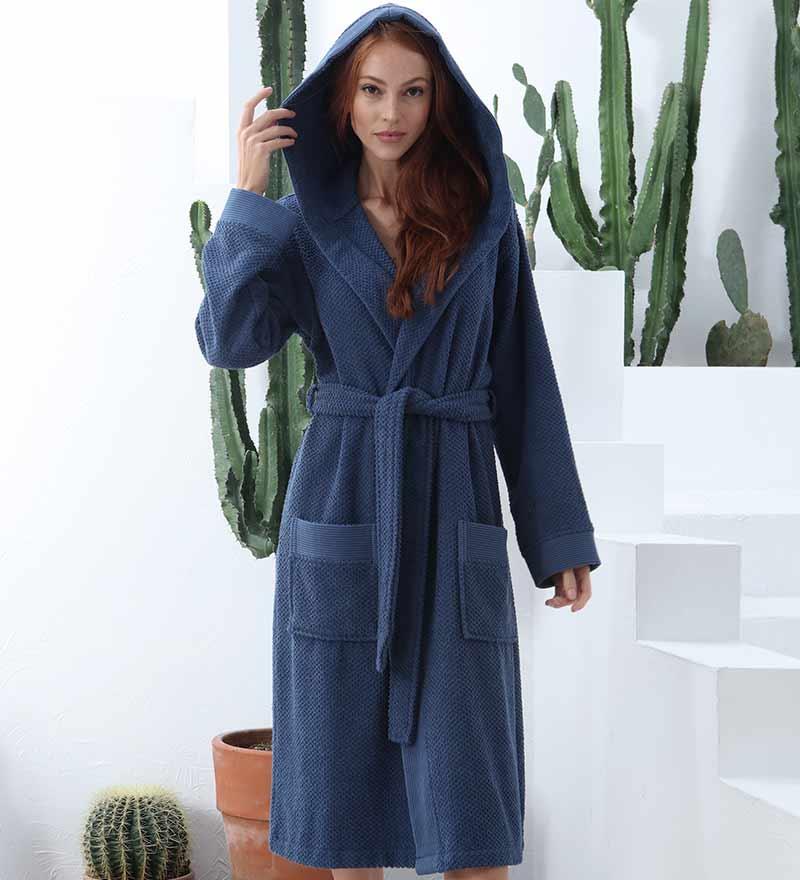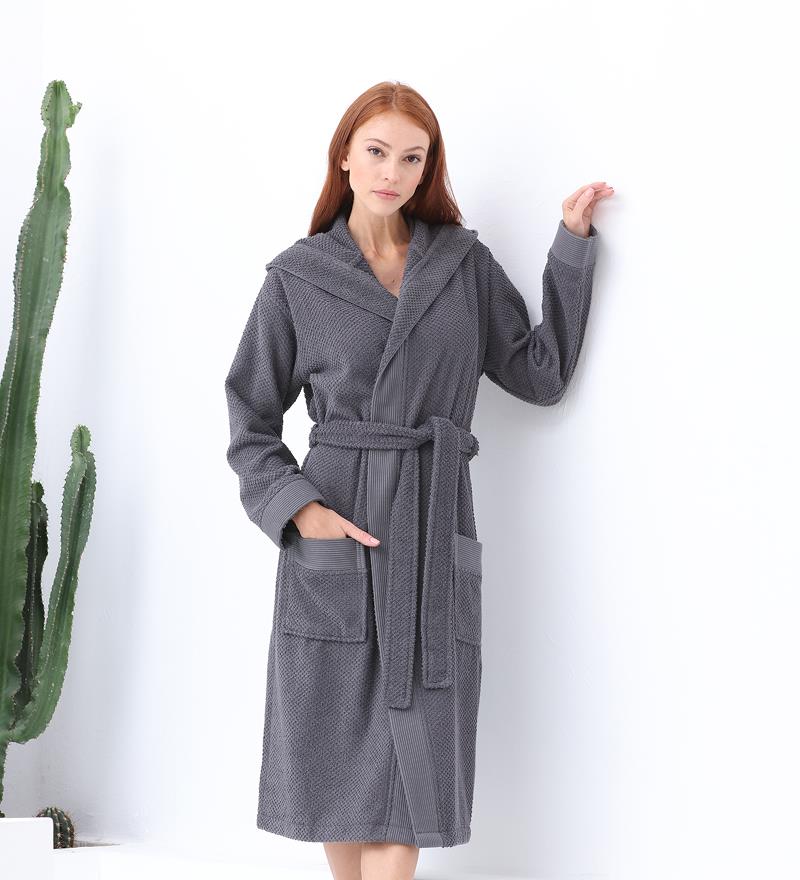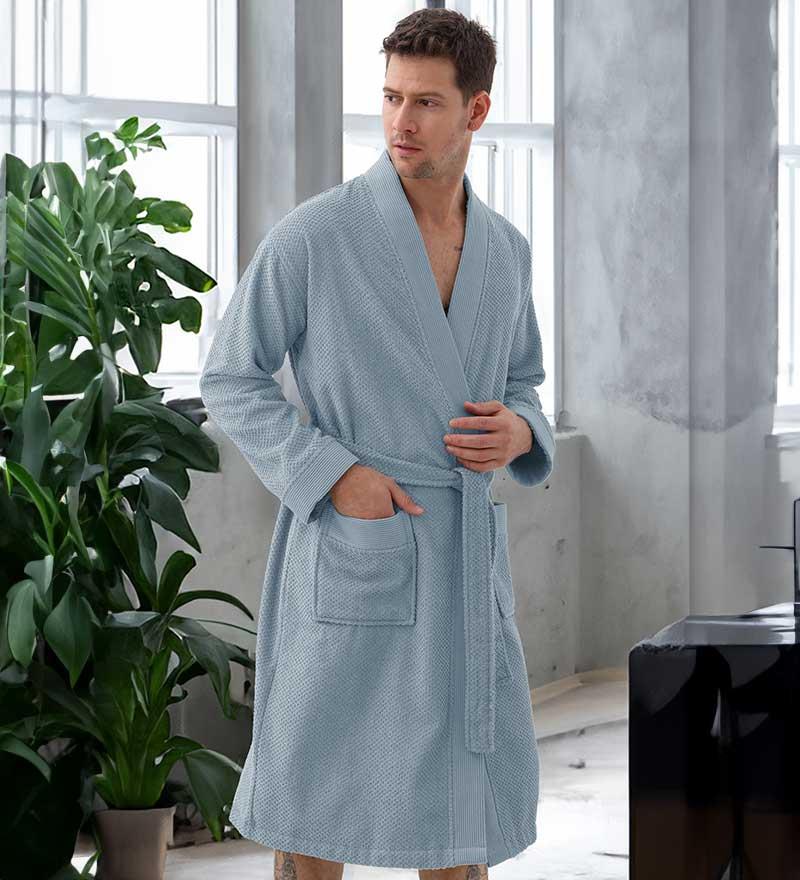
Organic Cotton vs. Conventional Cotton: The SEYANTE Difference
In today's eco-conscious world, the demand for organic products is not just a trend—it's a shift towards more sustainable living. At SEYANTE, we proudly embrace this shift with our commitment to 100% organic Turkish cotton, certified by the Global Organic Textile Standard (GOTS).
This blog explores the differences between organic cotton and conventional (or regular) cotton, and why choosing organic matters for both you and the planet.
Understanding Cotton Types
Organic Cotton is grown using methods that have a low impact on the environment. This type of cotton cultivation maintains soil fertility, reduces the use of toxic and persistent pesticides and fertilizers, and builds biologically diverse agriculture.
Conventional Cotton, also known as regular cotton, typically relies on more chemical inputs. These chemicals are not only harmful to the earth but also to the people who handle them and the communities surrounding farms.
Environmental Impact
Organic cotton offers significant environmental benefits. It uses up to 91% less water than conventional cotton and helps maintain healthy soils while reducing the toxicity and pollution that can result from pesticides that run off into rivers and lakes.
On the other hand, conventional cotton farming is a major source of pollution. It uses approximately 16% of the world’s insecticides and 7% of pesticides, which can significantly harm local wildlife and ecosystems.
Health and Safety
Choosing organic cotton can also be a healthier choice for your skin. Since it is grown without harmful chemicals, it is less likely to cause allergies or irritations. For those with sensitive skin or conditions like eczema, organic cotton is particularly beneficial.
Conventional cotton, meanwhile, retains traces of the chemicals used in its growth process, which can be absorbed through the skin, potentially leading to health issues.
Quality and Durability
Turkish cotton is renowned for its long fibers, which enhance the feel and durability of the fabric. SEYANTE’s organic Turkish cotton products are not only softer but also significantly more durable than those made from conventional cotton. This superior quality ensures that each product not only feels luxurious but also stands the test of time.
Ethical Considerations
Organic cotton farming supports fair labor practices and aims to provide farmers with a sustainable and stable livelihood. It eschews the use of genetically modified seeds, reducing farmers' dependency on expensive inputs.
Conventional cotton, in contrast, can perpetuate a cycle of debt among farmers due to the high costs of chemical inputs and genetically modified seeds.
SEYANTE’s Organic Commitment
At SEYANTE, our commitment to sustainability is not just about the final product. It starts from the ground up. Our GOTS certification ensures that every step of our supply chain, from the fields where our cotton is grown to the final sewing of garments, adheres to the highest standards of environmental and social responsibility.
Why Choose SEYANTE?
Choosing SEYANTE means opting for a product that is luxurious, ethically made, and environmentally friendly. Our bathrobes offer a comfort and quality that you can feel good about—both in their make and their impact.
Conclusion
As we’ve seen, the differences between organic and conventional cotton are vast, impacting not just the environment but also health, quality, and ethical considerations. By choosing SEYANTE’s organic cotton bathrobes, you contribute to a healthier, more sustainable world.
FAQ
What makes organic cotton a better choice for the environment?
Organic cotton uses fewer resources and is less harmful to ecosystems and communities.
Can organic cotton bathrobes be as soft as conventional ones?
Yes, our organic Turkish cotton bathrobes are designed to be even softer and more luxurious than conventional options.
Why is GOTS certification important?
It ensures the organic status of textiles from the harvesting of the raw materials through environmentally and socially responsible manufacturing.
What is organic cotton?
Organic cotton is a type of cotton that is grown without the use of toxic pesticides, synthetic fertilizers, or genetically modified organisms (GMOs).
It is cultivated using methods that have a lower impact on the environment, promoting a more sustainable agriculture system.
These practices help maintain soil fertility, reduce pollution from runoff, and provide a healthier farming environment for communities and wildlife. Organic cotton is often softer, more durable, and hypoallergenic compared to conventional cotton.
What is GOTS certification?
The Global Organic Textile Standard (GOTS) certification is the world’s leading textile processing standard for organic fibers.
It encompasses both ecological and social criteria, and is backed by independent certification of the entire textile supply chain.
The aim of the standard is to define globally recognized requirements that ensure the organic status of textiles, from the harvesting of the raw materials through environmentally and socially responsible manufacturing, all the way to labeling in order to provide credible assurance to the end consumer.
GOTS certification helps consumers identify and trust that their products are genuinely organic and ethically produced.
We invite you to explore our range of organic cotton bathrobes and experience the SEYANTE difference for yourself. Join us in making a choice that feels good in every sense.
Related Posts
Bridal Party vs. Wedding Party: What’s the Difference?
- Blog
- 7/29/2024 12:00:00 AM
Water and Energy Saving Bathroom Habits
- Blog
- 7/29/2024 12:00:00 AM
Popular posts
Newsletter


Offering high-quality bathrobes for both women and men with GOTS certification
Our commitment to excellence is reflected in our use of the Global Organic Textile Standard (GOTS) certification for our products. GOTS is a benchmark for organic textiles, ensuring environmentally friendly and socially responsible manufacturing processes.




































